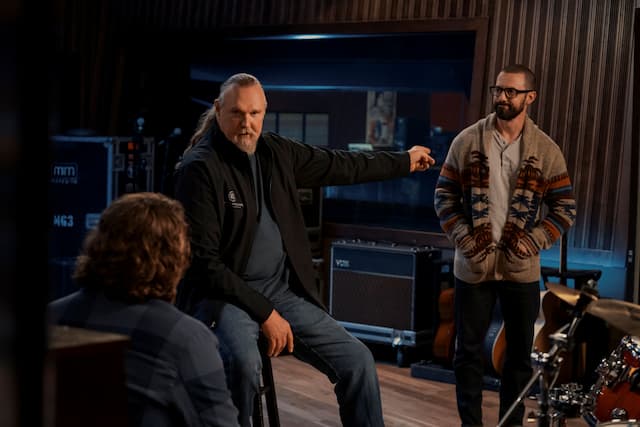Prayer as a Revolutionary Act (2 Sam 18.28)
Blessed be the LORD your God, who has delivered up the men who raised their hand against my lord the king.
Can prayer be a “revolutionary act”? The prayer in the passage today may not be such a prayer. The offeror may have had no sense that he was doing so. Yet, the context of the prayer raises that issue: are there times when we should pray as a revolutionary act?
The rift between David and his son Absalom continued. Sides were chosen. David’s advisor, Hushai, was a spy in the midst of Absalom’s inner circle. When Ahithophel urged a quick attack on David and his forces, Hushai notes that David is a master military leader and his men are experienced warriors. Instead, Absalom should first seek to get all Israel on his side. Of course, this was intentional bad advice because it gave David time to plan and strategize. David set up his headquarters in a fortified city, and contacted those still loyal to him—many had long experience in strategies and battle. Once David had thousands at his command, he asked each of his three commanders, Joab, Abishai, and Ittai, to deal gently with his son. He sent them out to confront Absalom and his army. The battle was fierce and wide-ranging, but David’s men were more experienced. In fleeing, Absalom was caught in a tree by his long, thick hair. Joab killed Absalom there, and his men buried him in a forest.
Read the rest of this prayer study, with background, meaning, and application, and get access to all prayer studies for less than the price of a cup of coffee a month.





